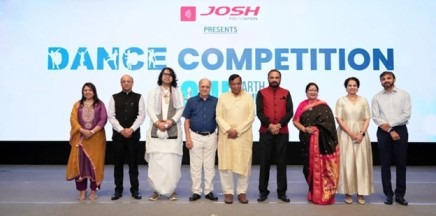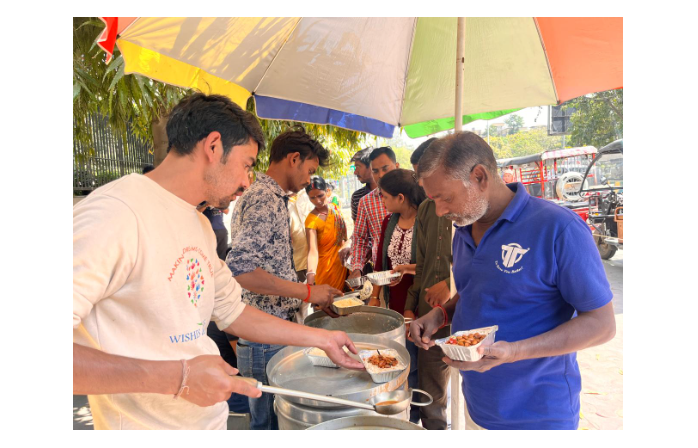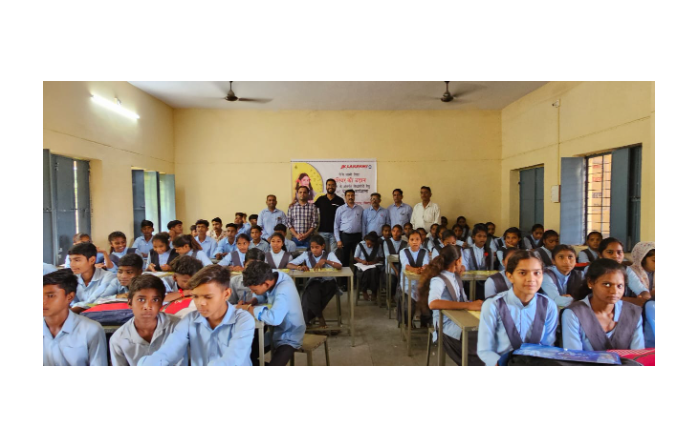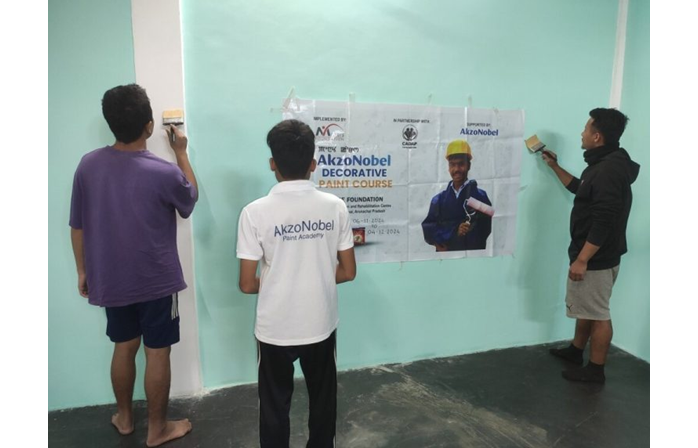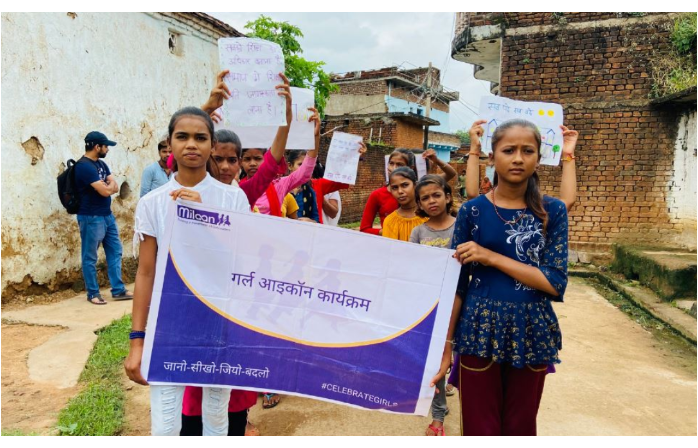Legal Literacy Camps - A replicable model bringing awareness among rural population
September 25, 2019
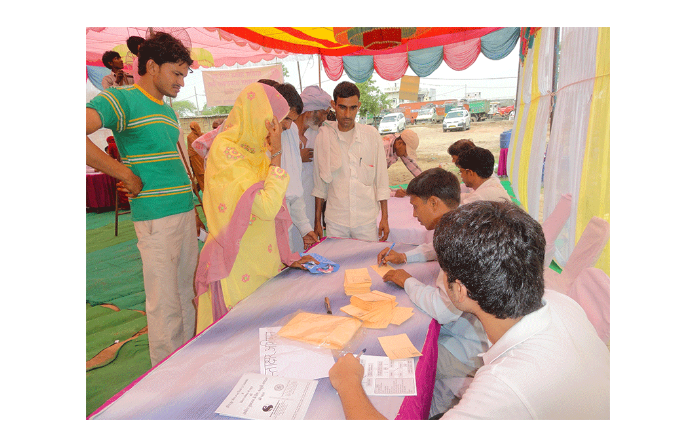
SM Sehgal Foundation
Citizens aware of their legal rights can access benefits of government programs and lead dignified lives as promised in Constitution of India. To bring awareness among rural population, Legal Literacy Camp model was introduced. It is a collaborative model created by Non-Governmental Organization, District Legal Services Authorities (DLSA), and law colleges. The camps aim to help people realise the potential of legal empowerment.
Majority of Indian population, almost 70 percent reside in the villages, most of them lack awareness about their legal rights and entitlements as grievance redressal mechanism as a result delivery of government services remains largely ineffective. Villagers are not able to access the benefits of their legally mandated government programs. Hence, it is extremely important to address the information gap and generate awareness among the villagers about their rights and entitlements and grievance redressal mechanisms in an attempt to bridge this information gap and generate awareness among the villagers.
Sehgal foundation joins hands with District Legal Services Authority (DLSA) to work together on access to rights and entitlements. Together they organize Legal Literacy camps in different parts of rural India. Such camps ate organized with the aim to empower rural communities with information on their legal rights. This collaboration is further strengthened through the participation of faculty members and students of law colleges. Improved awareness through camps could lead to improved access of villagers to various government programs like regular availability of water, cycle under labour, old age pension, etc.
On the whole, impacts of such camps could result in collective articulation of demands by the villagers leading to accountability and transparency of public institutions. Legal literacy camp acts as a catalyst to make this a reality. It not only generates awareness but also helps the villagers to engage constructively with the government and access their basic rights and entitlements.
Awareness Generation –
Pre-camp awareness generation drives are organized a week before the camp. Villagers are made aware of timings, venue and usefulness of the camp. Door-to-Door meetings, ward wise visits, pamphlets, wall posters, local newspapers, community radio are used to inform the villagers of the camp. Meetings with key community leaders, Panchayati Raj Institution members, SHGs and government officials are also conducted to garner their support.
On the day of the camp, registration stalls are set up at the camp venue. Volunteers assist in the registration process. Pamphlets, small booklets on government programs and complaint mechanisms are distributed. In the stalls, information is provided on various government programs. Handholding support in writing applications, filling forms and complaints is also provided. The camp also serves as a platform where government officials/members of DLSA/faculty members of law colleges/members of Sehgal Foundation team interact with the villagers.
The camps, if conducted and followed up properly, can lead to increased awareness and access to a host of government programs in rural areas. This model can be effectively replicated in various parts of India. DLSA’s, Law colleges, NSS cells, Nehru Yuva Kendras and youth clubs along with NGOs can collaborate together to make this endeavour a grand success. Such camps have the potential to benefit millions of rural people residing in Indian villages and can help them get social and economic justice.
Source

S M Sehgal Foundation is an Indian NGO focused on rural development with its main offices in Gurugram, Haryana.
© Renalysis Consultants Pvt Ltd



